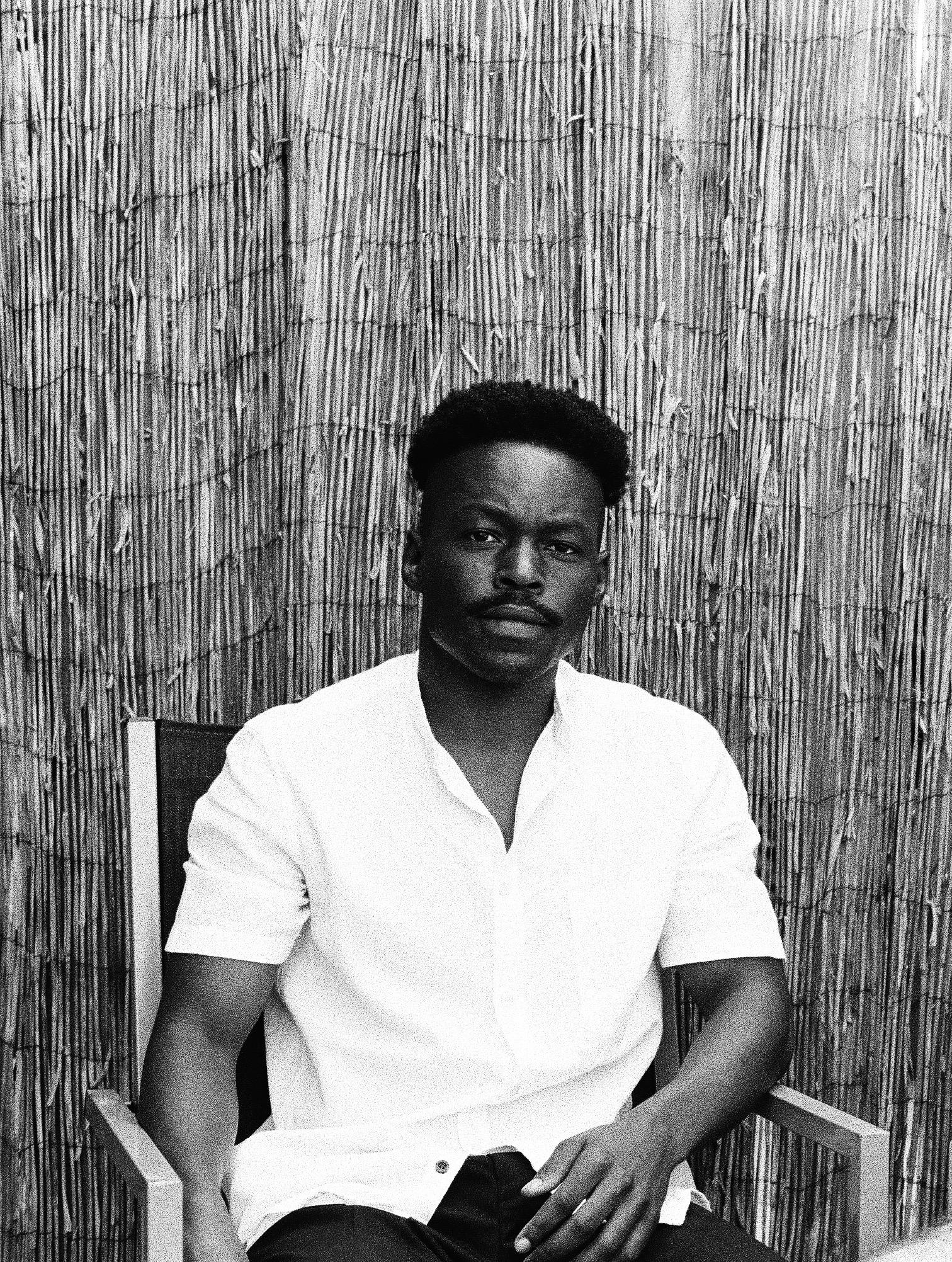 Boaz Injege
Boaz Injege
Degree: 1st year of Master of Science in Kinesiology (MSc)
Supervisor: Dr. Eli Puterman
Teaching Assistant for KIN 150
What is your research/degree focusing on?
Broadly speaking, my research brings together three threads: stress, physical activity, and mental health in Black Canadians. In the U.S, some research studies have found that Black adults experience more stress. However, they report similar or better mental health relative to White adults who experience less stress. This phenomenon has been termed the Black-White mental health paradox. I would like to extend this research to a Canadian context and further investigate the relationship between race/ethnicity, stress exposure, and mental health outcomes.
Regarding physical activity, something that blew my mind is that the simple act of movement— walking, running, biking, etc.—can elevate mood and motivation partly through increased dopamine transmission in the brain. This has implications for a mental disorder, such as depression. Furthermore, physical activity can help reduce the negative impact of stress exposure on mental health, so that’s how the three topics tied together for me.
Why is this field important to you? Why is it important to the School and/or to society?
Unfortunately, there hasn’t been much research investigating these topics in Black Canadians; most of the research on Black-White health disparities comes from the United States. Understanding the relationship between stress, physical activity, and mental health in this specific population is crucial because it will inform targeted and cost-effective physical activity interventions for mental health problems.
What was your undergraduate degree in, and from which university did you graduate? How did your undergraduate studies influence your path to UBC KIN grad school?
I majored in Psychology and minored in Greek & Roman studies at the University of Ottawa. I think to some degree, everyone studying psychology is interested in psychopathology, which is why most people end up in Clinical Psychology. My interests were more towards psychosomatic interventions, specifically physical activity, which inevitably led me to UBC Kinesiology.
Is your work interdisciplinary? Do you work in research clusters?
Yes, my research spans health psychology, neurobiology, and transcultural psychiatry. The great thing about UBC KIN is that it brings together researchers in neuromechanical and performance streams with researchers in the clinical and psychosocial streams. Being in such an expansive and knowledgeable research environment has been invaluable.
What do you hope to do with your degree when you finish your grad studies?
I would like to continue and pursue a PhD at UBC, hopefully with Dr. Puterman again.
Many of our graduate students are athletes or incorporate exercise into their lifestyle. Do you incorporate physical actvity in your life? If so which ones? Feel free to elaborate on this.
I have played footy (football a.k.a “soccer”) since I was a youngin’ with snot running down my nose. I was lucky enough to play at the provincial level and for uOttawa, and I intend to keep playing until my knees can’t take it anymore. Ironically, I used to loathe running, but I am slowly incorporating more trail runs these days.
Have you worked as a TA, Student Rep or in another leadership position? What have you learned from these experiences? And what would you advise prospective grad students about these experiences?
This term is my first as a TA, and the students have been exemplary. It’s very different being on the other side of the evaluative wall but it is very rewarding. I had some wonderful TAs during my undergrad, so I am trying to be as much of a resource as I can be for the students.